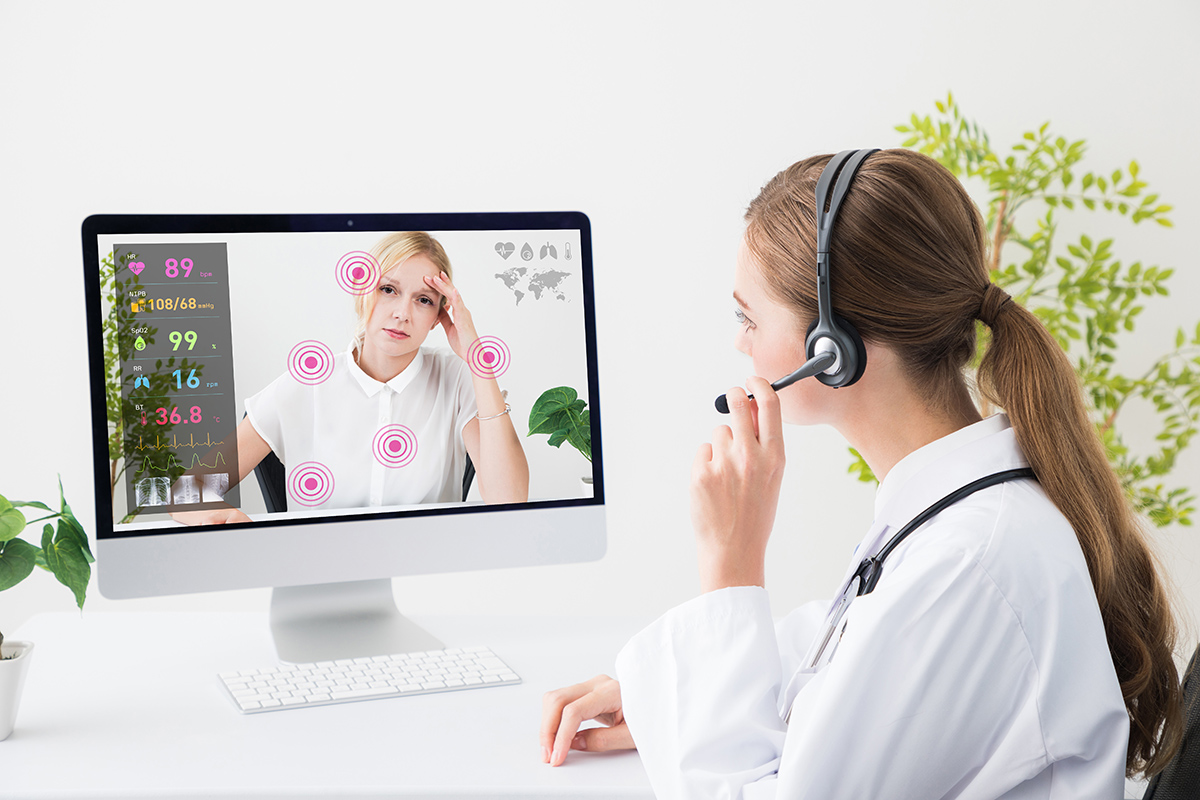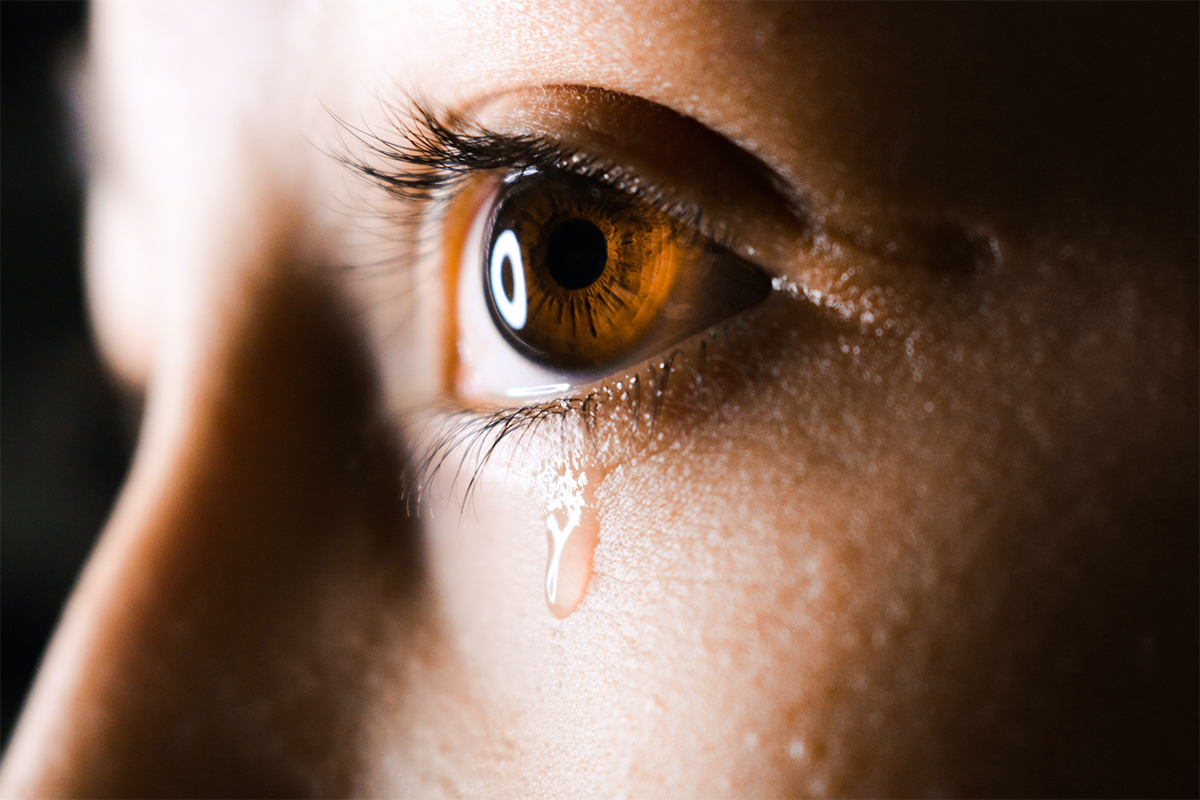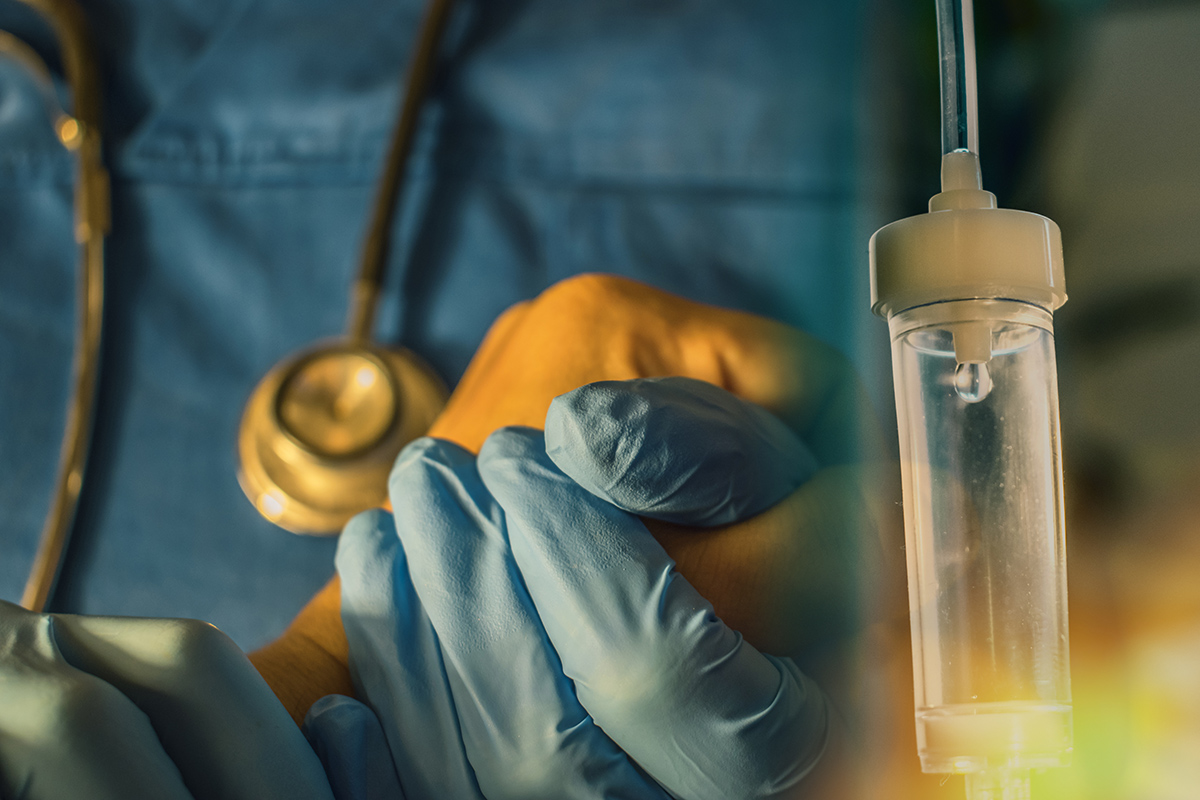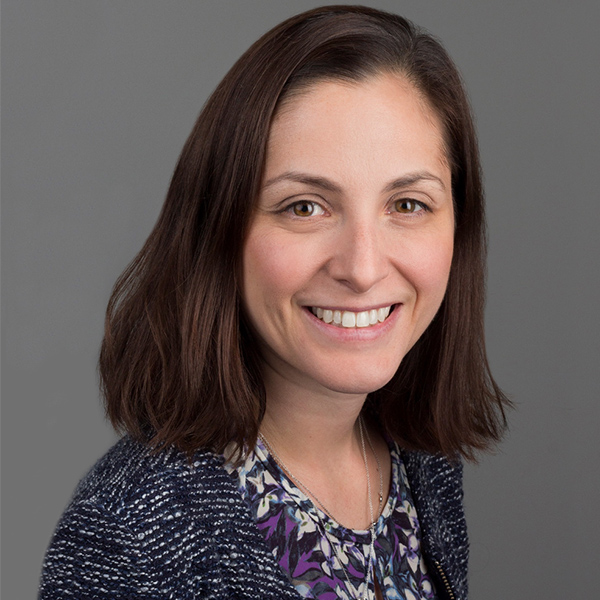Lessons Learned From COVID-19: Even Our Non-COVID Patients Need Us Now More Than Ever

As the surge passes here in Boston, I have started to reflect more on what my experience has been with my patients over the past several months.
Once it became clear that I was unlikely to be redeployed (despite preparing myself by buying the newest edition of Pocket Medicine and realizing how long ago medicine residency was), I settled into building my telehealth practice.
One thing that I have observed is that during this crisis I found myself addressing much more than cardiac care with the many patients I have talked with, and in many ways, I think they needed that more than anything else I could provide.
It was in these moments that I was able to see in sharper relief the toll that the COVID-19 crisis had on individuals who were not infected with the virus. While my patient visits may initially touch on cardiology issues, typically the conversations drifted into more personal topics than in prior in-person visits.

I have listened to stories of unexpected job loss due to the crisis and possible loss of homes as a consequence. When discussing a new significant diagnosis such as atrial fibrillation or possible cardiac sarcoidosis, I have listened as patients express hopelessness about their future and therefore cannot participate as meaningfully with management decisions.
I have found myself reaching back in my memory to my psychiatry rotation in medical school and assessing whether a patient is truly suicidal with a plan when they say they think they would be better off dead, or just expressing hopelessness and frustration generally.
I am sure I am not alone in having these interactions with patients recently. Articles in the press about the negative mental health effects this virus has had on many Americans appear regularly.
I am humbled by this opportunity, as a cardiologist, to provide additional emotional support to my patients during this challenging time.

Even if it is just to listen a little longer or to help make one thing easier for my patients, like when I was able to facilitate a social work consultation via email when they did not know that was even possible. The "thank you" that I hear on the other end of the line somehow conveys more gratitude than usual.
I am grateful for my colleagues working in the intensive care units and emergency departments, and I know we are not through this pandemic yet.
On top of our patients' complex cardiovascular disease, this crisis has brought profound life-changing stress to those who never contracted the virus, and it may not always be the beta blocker or the diuretic that provides relief – it may be the smallest things that can make the biggest difference to help someone feel better, if only for a moment.
As we settle into a new normal, I will strive to heed this lesson.


